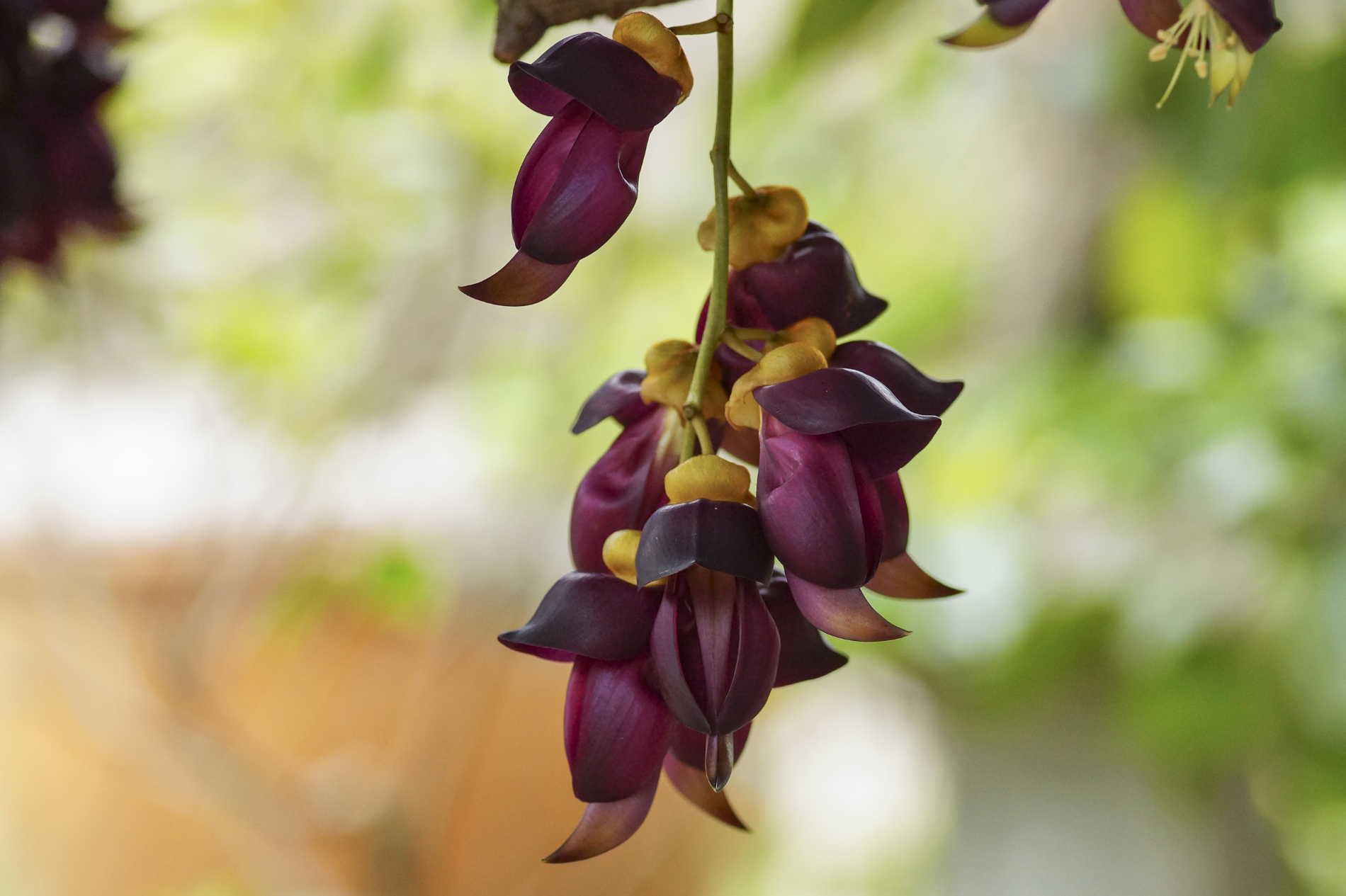Introduction
Dead nettle belongs to the labiate family and is often confused with stinging nettle because of its similar appearance. It is valued not only for its pretty flowers, but also for its many medicinal uses, which range from traditional to modern herbal medicine.
Dead nettle – discovery and history
The use of deadnettle in medicine dates back to the Middle Ages, when monks began to document its healing properties. They discovered that the plant has anti-inflammatory and pain-relieving properties, which are particularly useful for skin diseases and internal inflammation.
Dead nettle: application and dosage
Dead nettle can be used in various ways:
- Tea: Dried leaves can be brewed into a healing tea. Typically, 1-2 teaspoons of dried leaves are used per cup of boiling water.
- Tincture: A concentrated extract of leaves and flowers can be prepared as a tincture. The usual dosage is 2-3 drops three times a day.
- Ointments: A healing ointment can be made from the crushed leaves, which is suitable for external use on skin problems.
The dosage should be adjusted individually, starting with a low dose and increasing it as required.
Healing effects and areas of application
Dead nettle is known for its many healing effects:
- Anti-inflammatory: Acts against internal and external inflammation.
- Antiseptic: Helps fight infections, especially in the mouth and throat.
- Analgesic: Often used for menstrual cramps and headaches.
- Astringent: Useful for skin problems such as acne and eczema.
It is particularly useful in the treatment of:
- Colds and flu
- skin diseases
- Menstrual cramps
- Mild digestive complaints
Recommended intake times and other tips
It is advisable to take dead nettle preparations at the onset of symptoms of illness or at the first signs of skin problems. The regular intake of dead nettle tea can also be recommended for the prevention of seasonal complaints.
Dead nettle: contraindications and precautions
It is not recommended for:
- Pregnant women
- People with a known allergy to labiates
In case of doubt, a doctor or alternative practitioner should be consulted before use.
Complementary medicinal plants and foods
The following foods and medicinal plants can be used to enhance the effect of deadnettle:
- Honey (especially for sore throats)
- Camomile (soothing, anti-inflammatory)
- Peppermint (for indigestion)
It is rarely found in food, but fresh young leaves can be added to salads to promote health.
Dead nettle: side effects and overdose
Side effects of deadnettle are rare. Occasionally gastrointestinal complaints may occur, especially at high doses. Symptoms such as stomach complaints, nervousness or skin irritation may occur in the event of an overdose. In such cases, use should be discontinued and a doctor consulted.
Naturopathic applications
In naturopathy, dead nettle is often used in the form of teas and ointments to take advantage of its calming and healing properties. It is also frequently used in modern herbal medicines to improve their effectiveness.
It is a versatile and effective medicinal herb that can provide support for many ailments. Its mild effect makes it a popular part of the medicine cabinet for the whole family.
How does dead nettle work in the body?
Dead nettle acts on various systems in the body, making it a versatile remedy:
- Immune system: due to its immunomodulating properties, it can help to strengthen the immune system, making the body more resistant to infections.
- Skin: As an astringent, the plant helps to tighten and soothe the skin, which is particularly helpful for inflammatory skin conditions such as eczema.
- Digestive system: The mild bitter substances promote digestion and can provide relief for mild digestive complaints such as flatulence or heartburn.
- Nervous system: The calming properties of the plant can help to create a relaxed atmosphere and promote sleep in cases of stress and nervous restlessness.
When should dead nettle be taken or supplemented?
Dead nettle should be considered especially when natural and gentle treatment methods are preferred. It is ideal:
- At the beginning of the cold season as a preventative measure against colds.
- At the first signs of skin irritation or inflammation
- During menstruation to relieve cramps and pain
- For stress and nervousness to promote general well-being
As a dietary supplement or medicinal plant
To supplement the effects of dead nettle, the following dietary supplements can be considered:
Vitamin C and zinc: These nutrients strengthen the immune system and can increase effectiveness in preventing infections.
Lavender and valerian: For stress and sleep problems, these herbs can be taken additionally to maximize the calming effect.
Dead nettle: What happens if you overdose?
Although deadnettle is generally considered safe, an overdose can lead to the following symptoms:
- Gastrointestinal discomfort: Nausea and diarrhea are possible signs of an overdose.
- Nervousness: Too much deadnettle can lead to nervousness, especially in sensitive people.
In such cases, the dose should be reduced or temporarily discontinued. It is always advisable to start with a low dose and increase it slowly if tolerated.
Summary
Dead nettle is a valuable medicinal plant with a wide range of applications for health and well-being. Its gentle but effective action makes it an excellent choice for people who prefer natural remedies. By combining it with other medicinal herbs and food supplements, its effects can be enhanced and adapted to individual needs. However, as with any remedy, contraindications and dosage must be observed to achieve optimal results and avoid side effects.




